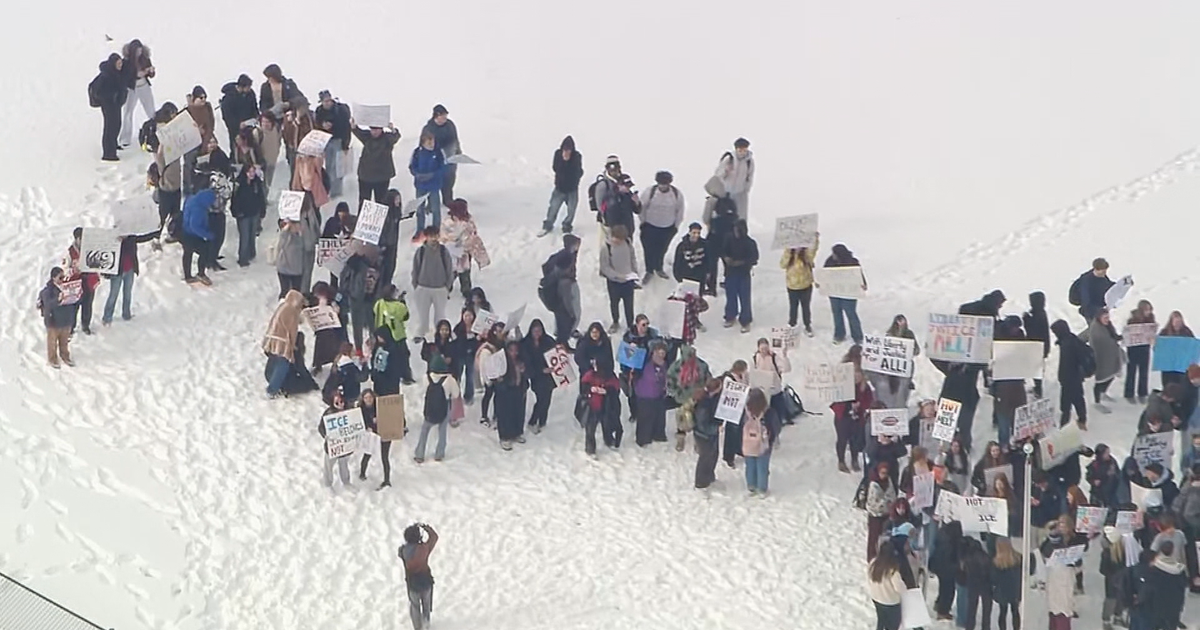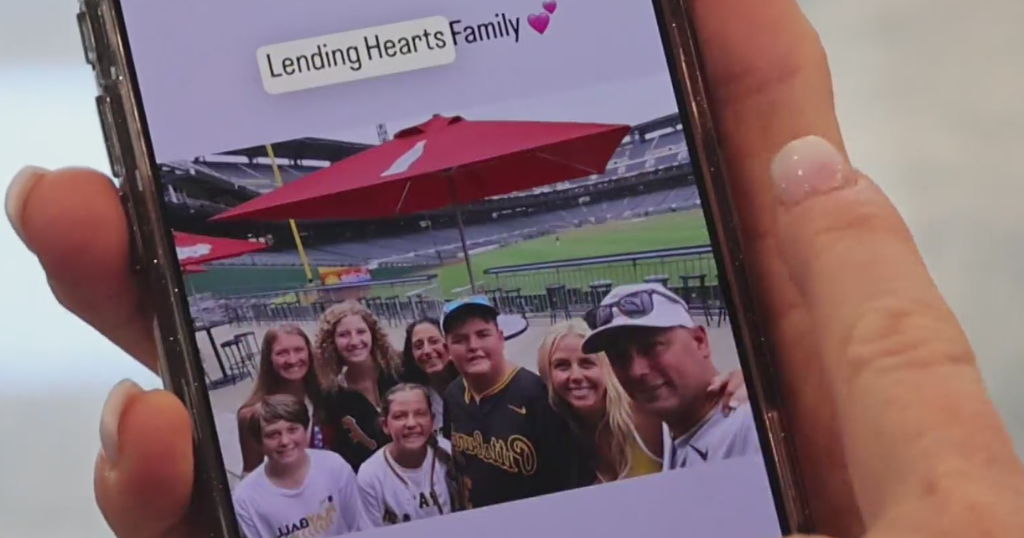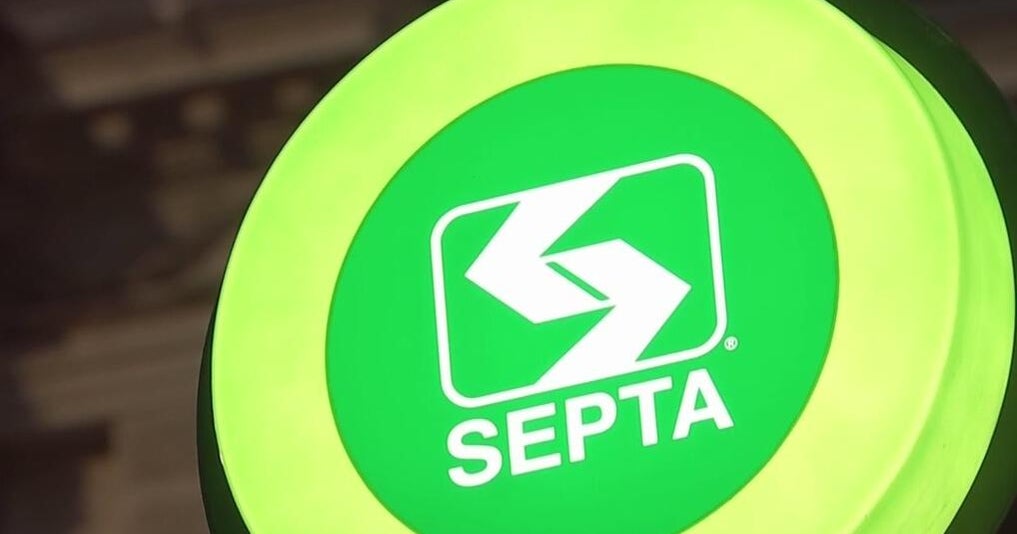ConsumerWatch: Study Finds Sunscreens Lacking Protection
SAN FRANCISCO (CBS 5) -- A major study by a consumer group of sunscreens finds that many of them do not provide protection against cancer-causing ultraviolet rays.
According to the Environmental Working Group, the study, which analyzed more than 1,700 products, also found three out of five sunscreens do not contain enough UVA protection.
Senior scientist Rebecca Sutton with the nonprofit group said consumers should look out for products that contain high SPF. According to Sutton, products with high SPF only protect skin from UVB rays, not UVA rays which can cause skin cancer.
The Environmental Working Group said consumers should avoid products that contain retinyl palmitate, a form of Vitamin A and oxybenzone. Its scientists claim retinyl palmitate has caused skin tumors and lesions in animals
The study also warns consumers against using sunscreens that claim to protect skin for long hours. "It basically gives consumers a false sense of security," said Sutton.
Some of the products that contain both retinyl palmitate and oxybenzone include Hawaiian Tropic Baby Stick Sunscreen SPF 50 and Coppertone Water Babies Sunscreen Lotion SPF 70. The study also found products such as Banana Boat Sport Performance Active Max Protect, SPF 110 does not offer consumers UVA protection.
Sutton suggests using products that contain zinc and titanium.
To see what products to avoid the Environmental Working Group has provided a list.
The Personal Care Products Council questions the study's science and claims the retinyl palmitate test was seriously flawed.
Statement From Banana Boat
EPC Sun Care's Banana Boat® brand and Hawaiian Tropic® brand sunscreens are safe and effective products that offer a full range of broad-spectrum UVA and UVB protection. We follow the guidelines proposed by the Federal Food and Drug Administration and established by other international regulatory bodies that set the ingredients and amounts. In addition, Consumer Reports has recently published their annual sunscreen ranking. We were thrilled that our Banana Boat Sport Performance SPF 30 and Banana Boat Sport Performance SPF 100 were ranked as two of the top 9 sunscreens that earned a "Recommended" or "Best Buy" rating.
In relation to the EWG Sunscreen Guide, we encourage people to seek additional information and perspective leading authorities at the American Academy of Dermatology (AAD) and Personal Care Products Council (PCPC). Energizer agrees with the statements by Ronald L. Moy, M.D., FAAD, president of the AAD, and Farah Ahmed, PCPC Sunscreen Task Force Chair:
"Scientific evidence supports the benefits of sunscreen usage to minimize short and long-term damage to the skin from UV radiation and outweighs any unproven claims of toxicity or human health hazard.To reduce the risk of skin cancer and premature aging, dermatologists continue to recommend generously applying a water-resistant, broad-spectrum sunscreen – that protects against both types of ultraviolet radiation (UVA and UVB) – with an SPF 30 or higher, in conjunction with other sun-safe practices such as limiting sun exposure, seeking shade, and wearing sun-protective clothing, hats and sunglasses."
-- Ronald L. Moy, M.D., FAAD, AAD President
"Consumers can be confident that the sunscreen products they rely on for protection against the harmful effects of the sun are both safe and effective. Sunscreen products have been thoroughly studied and tested by qualified scientists and regulatory authorities throughout the world. In the U.S., sunscreens are regulated as over-the-counter (OTC) drugs by the U.S. Food & Drug Administration (FDA) and are subject to rigorous scientific assessment, including safety and efficacy substantiation according to FDA standards that are among the most rigorous in the world."
-- Farah Ahmed, PCPC Sunscreen Task Force Chair
Statement From Coppertone:
Merck Consumer Care remains committed to providing consumers with the highest quality sun protection. Coppertone formulations are rigorously evaluated by independent dermatologists and scientists to ensure they are safe and effective for consumers and meet FDA requirements.
(Copyright 2011 by CBS San Francisco. All Rights Reserved. This material may not be published, broadcast, rewritten, or redistributed.)







